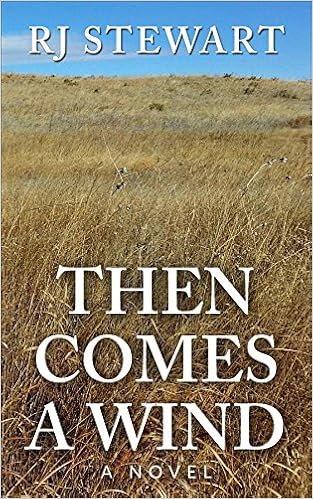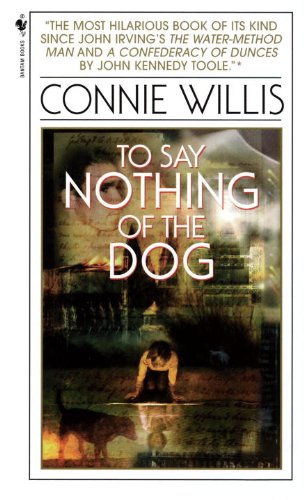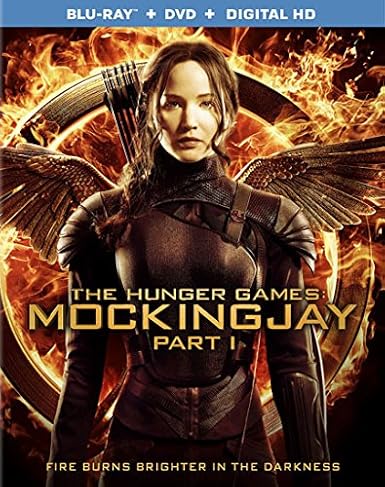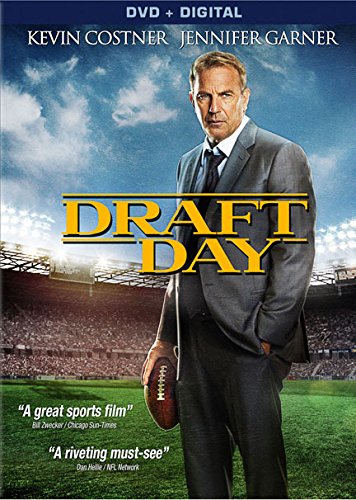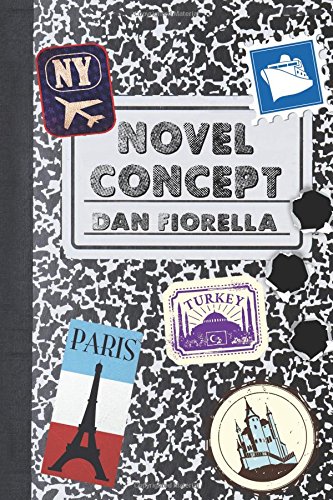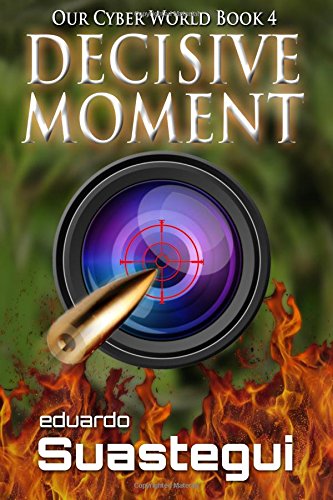 |
| Kathryn Hepburn, Desk Set (via reel-librarians.com) |
I wouldn't dream of it. For me, and I suspect, for most dedicated readers, Robinson's Secret Masters are the root and core of our reading history.
I set out in this flash intro to explain why the topic of "spreading light" always inspires me to talk about librarians. I've known four that prodded me along my path, never letting me drop into easy, thoughtless reading habits. They challenged me with genres and authors who were then unknown to me, but who would become my friends and partners in life.
They really did have those old-fashioned names. Furthermore, all four were single when I knew them, though I have learned that Winston later married (at the ripe age of 58.) All four had tales to tell of their own introduction to the deeply magical world of books, with their own Secret Masters to be thanked in later life.
So I honor and memorialize my seminal librarians for the Carrot Ranch Flash Fiction Challenge this week:
December 16, 2015 prompt: In 99 words (no more, no less) write a story about “spreading the light.” You can use it to honor or memorialize a loved one.
None of my Secret Masters are still in this world. Perhaps you can let yours know, before it is too late, what a difference they made in your life.
____________________________________________
A Little Light Reading
They wear old-fashioned names: Hildegard, Charlotte, Winston, Arabella, and the light they spread is second-hand, but it is brilliant and up-to-date.It pours in gentle beams from Sigrid Undset and Taylor Caldwell, or shines through harsh desert illuminations by Zane Grey and Tony Hillerman. Bob Shaw's light of Other Days shields us Against the Fall of Night. The undersea twilight of H.G Wells gleams for 20,000 Leagues. They gave me Light Music on the Dark Side of the Moon. I had All the Light We Cannot See.
I can always count on a librarian to bring me to the light.

